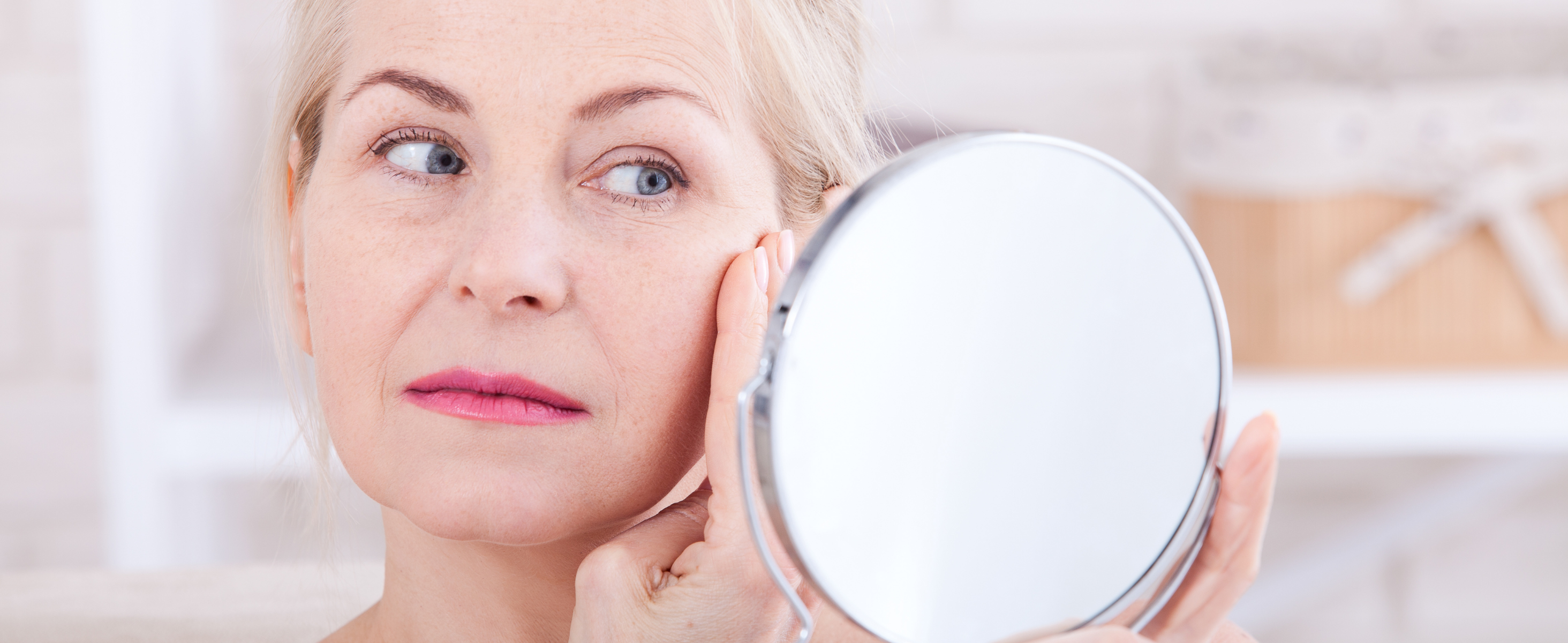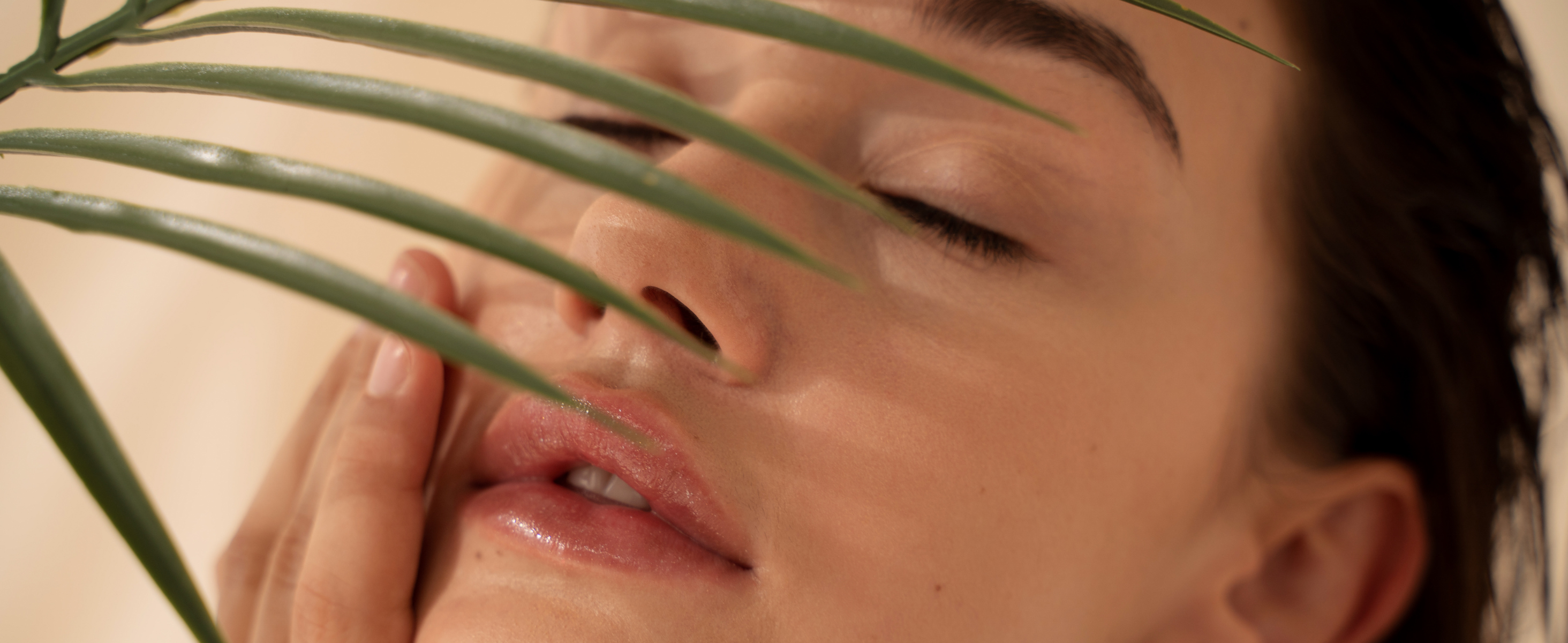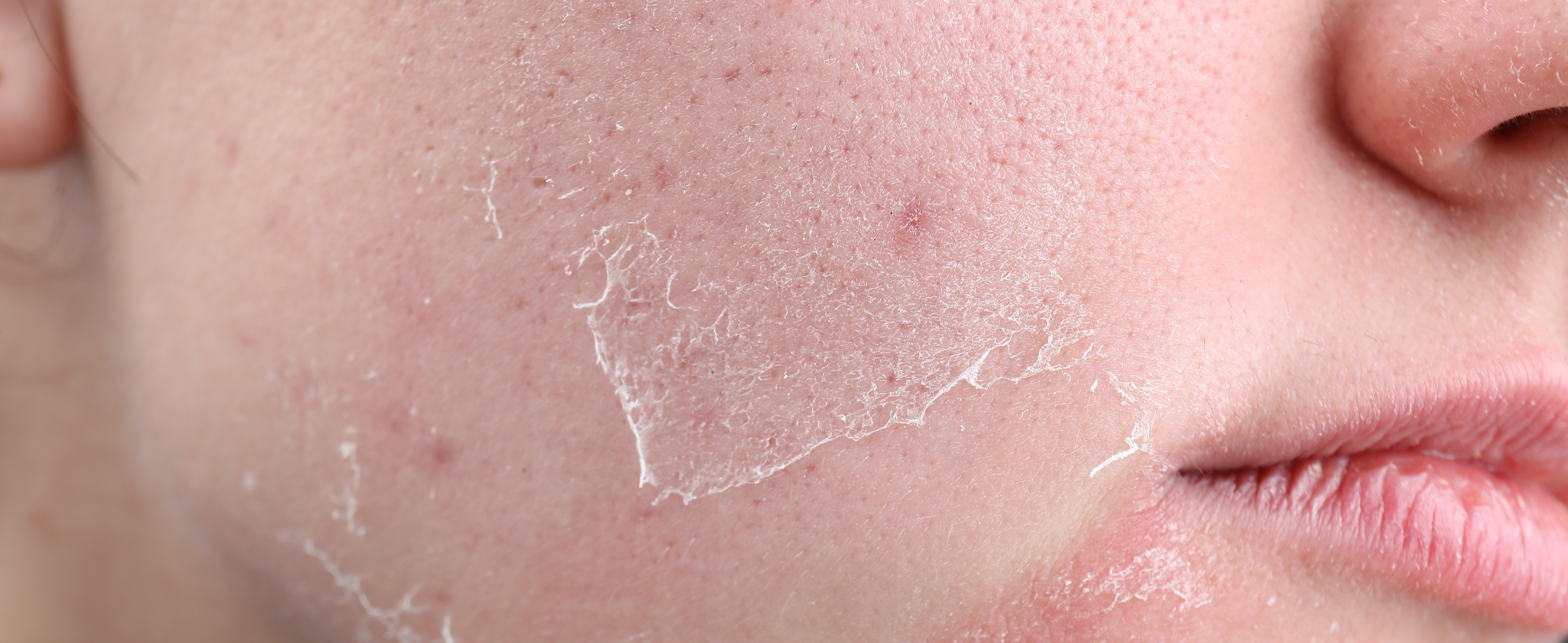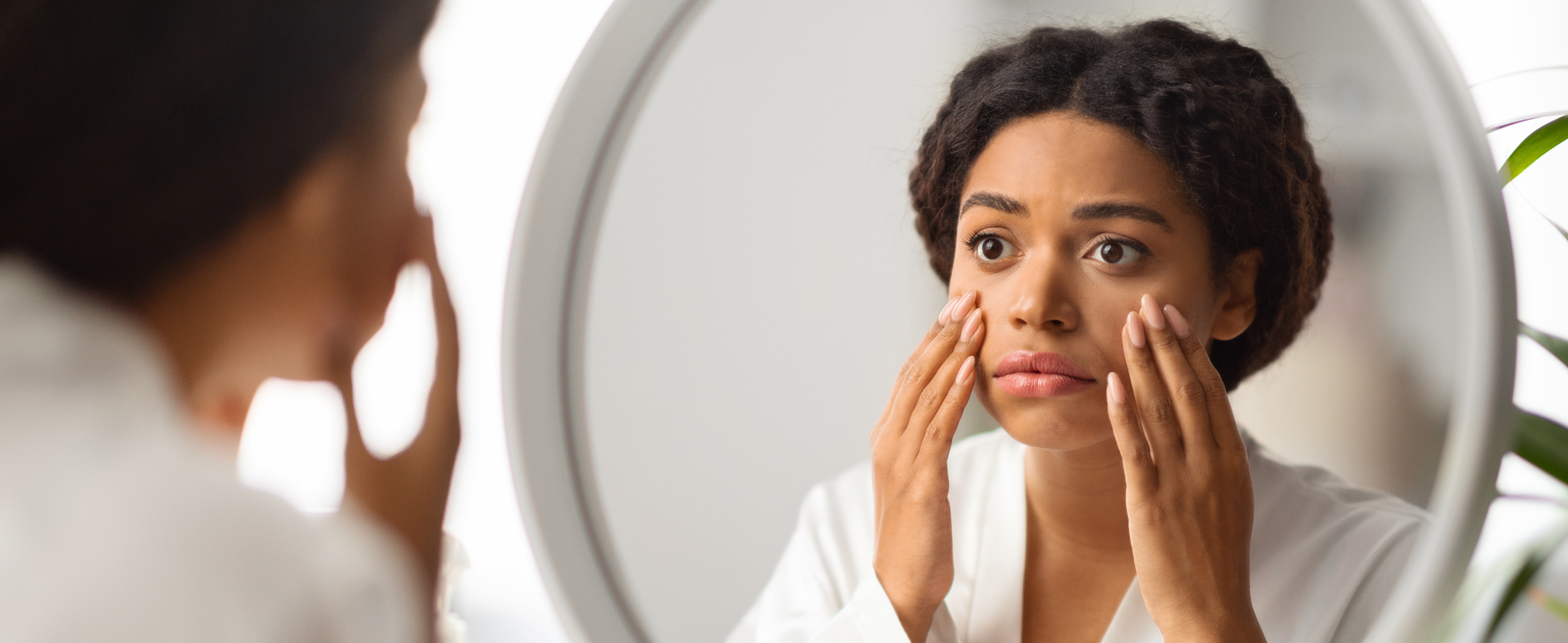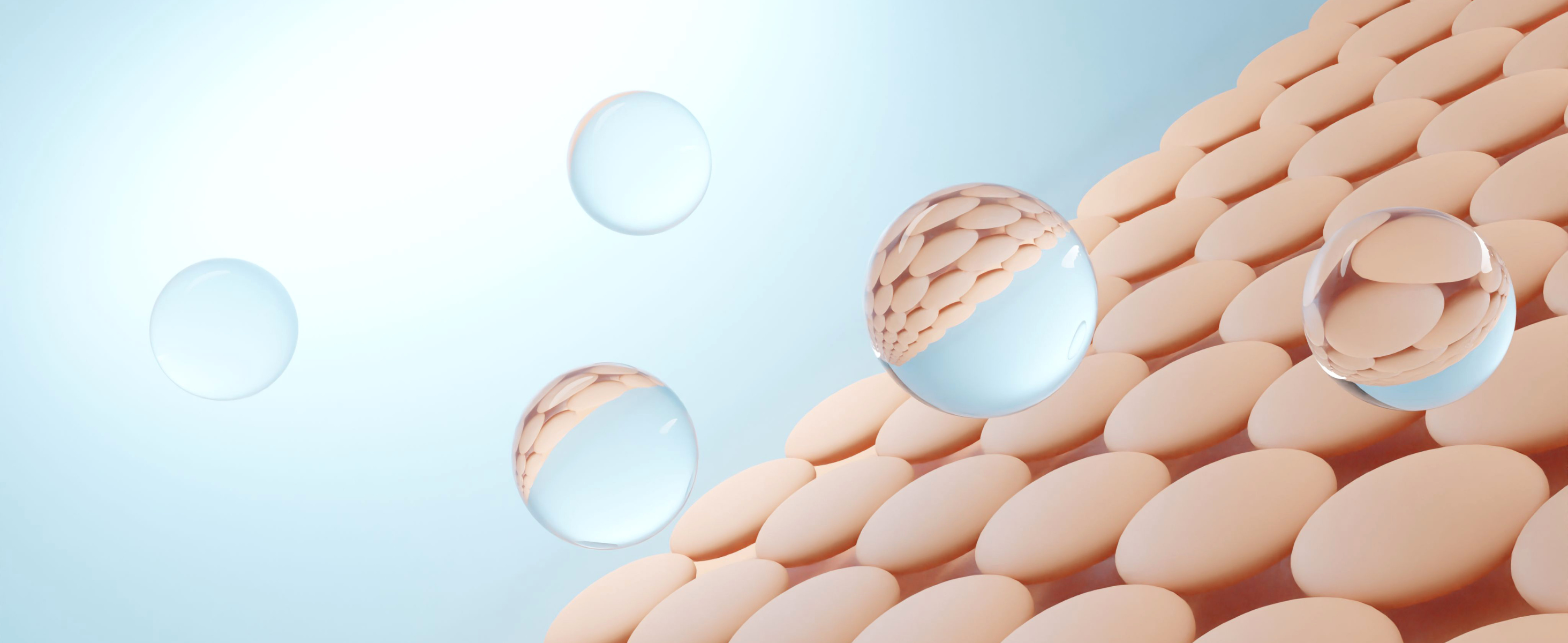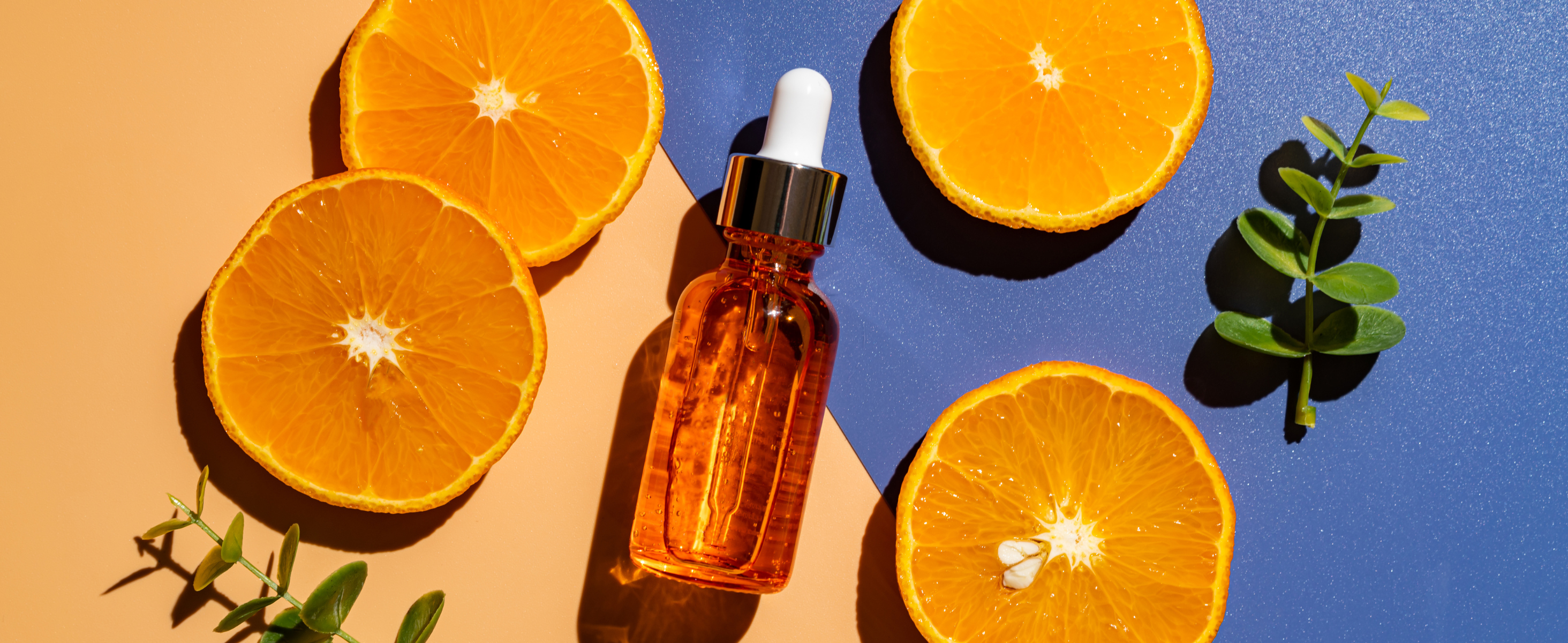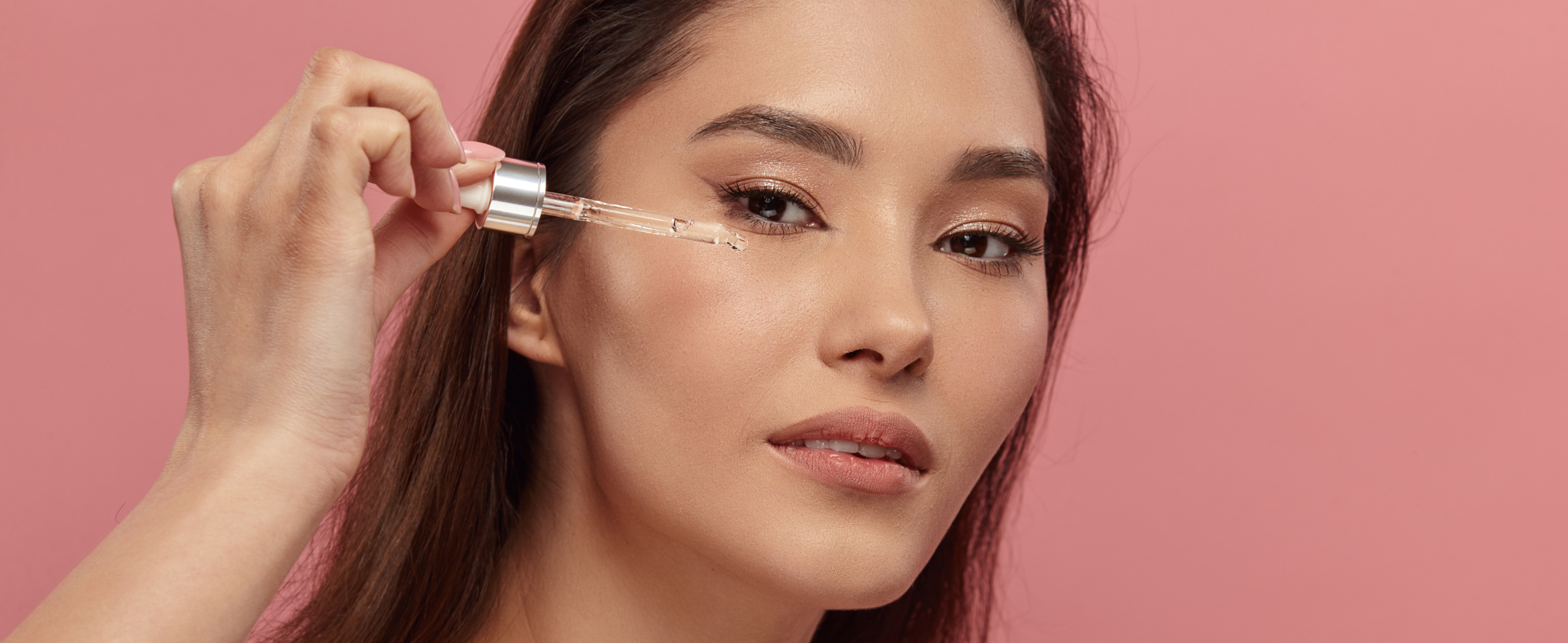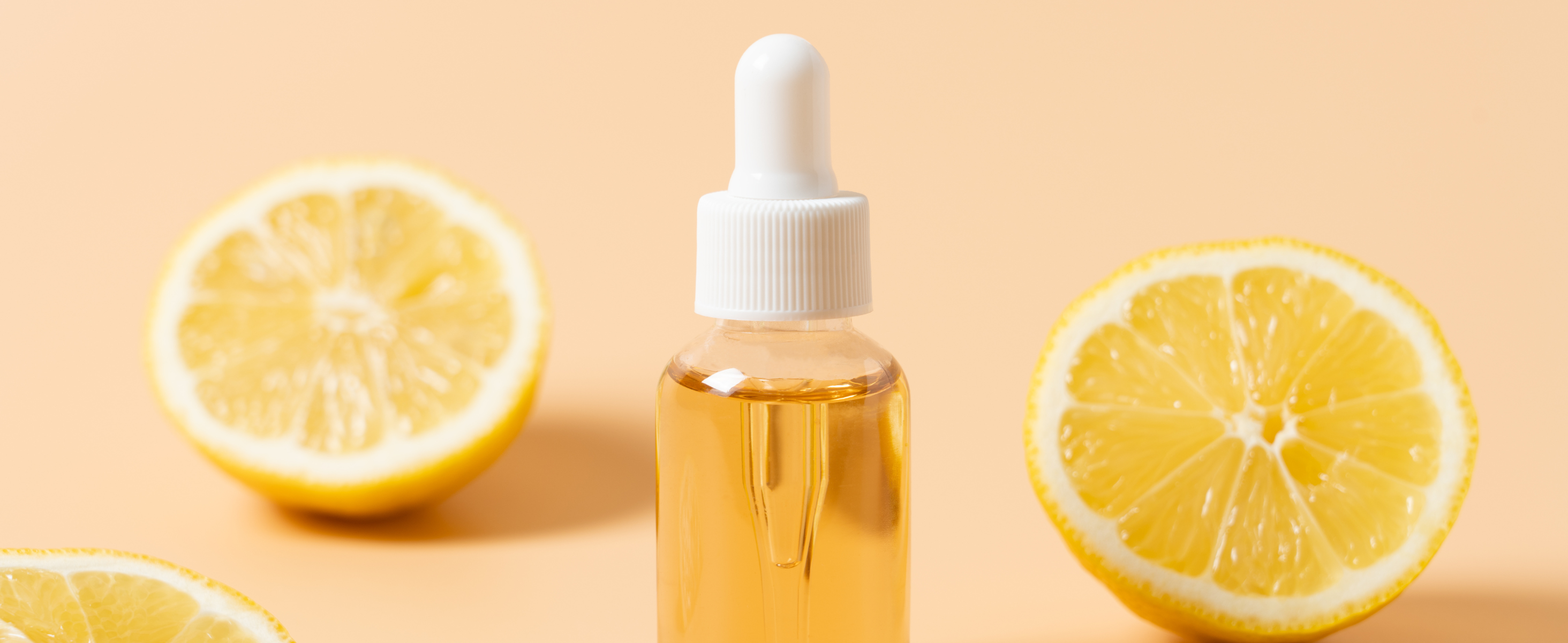If your skin is starting to feel less firm, less radiant, or you’re noticing fine lines more often than before, collagen might be the missing link in your skincare routine. Often called the “scaffolding” of our skin, collagen plays a critical role in keeping it plump, smooth, and youthful. But as we age, this natural protein starts to break down — and our skin shows it.
Here’s why collagen is so important, the signs you might be losing it, and natural ways to support your skin from the inside out.
Why Collagen Matters for Skin Health
Collagen is the most abundant protein in the human body, and it makes up about 75% of our skin’s dry weight. Think of it as the “glue” that holds your skin together, giving it firmness, elasticity, and bounce.
In your 20s, your body produces collagen steadily — which is why skin looks firm, smooth, and radiant. But starting in your mid-to-late 20s, that production begins to decline. By the time you reach your 30s and 40s, collagen loss becomes more noticeable, especially when combined with external stressors like sun damage, poor diet, and stress.
Without enough collagen, skin becomes thinner, looser, and more fragile. Wrinkles deepen, skin tone looks uneven, and the youthful glow starts to fade. That’s why maintaining and supporting collagen production is a key part of long-term skin health and anti-aging strategies.
Signs Your Skin Needs More Collagen
How do you know if your skin is craving a collagen boost? These are some of the most common signs:
- Loss of elasticity: Skin feels less firm or begins to sag, especially around the jawline or eyes.
- Fine lines and wrinkles: These become more visible, even when your face is at rest.
- Dull or uneven skin tone: Your skin may lose its natural glow and look tired.
- Dryness or rough texture: Lack of collagen can reduce the skin’s ability to retain moisture.
- Longer healing time: Wounds or blemishes take longer to fade or heal.
If you're nodding along to any of these, your skin may be sending a message that it’s time to show it some collagen love.
How to Naturally Boost Collagen in Your Skin
The good news? There are plenty of gentle, effective ways to help your skin bounce back — naturally.
1. Eat for Collagen Support
Your diet plays a big role in how much collagen your body can produce. Load up on:
- Vitamin C-rich foods (like oranges, strawberries, bell peppers): essential for collagen synthesis.
- Zinc and copper (found in nuts, seeds, shellfish): minerals that help collagen production.
- Bone broth and protein-rich foods: they provide amino acids needed to build collagen.
2. Use Skincare with Collagen-Boosting Ingredients
Look for products that help stimulate collagen from the outside in, such as:
- Vitamin C: protects collagen and boosts new production.
- Peptides: short chains of amino acids that signal the skin to make more collagen.
- Retinol (Vitamin A): encourages faster cell turnover and boosts collagen over time.
- Natural antioxidants like saffron, aloe vera, or horse chestnut (found in Abera’s plant-based skincare): these help protect your existing collagen from free radical damage.
🌿 Abera’s gentle, natural formulas are packed with antioxidant-rich botanicals to nourish and support collagen health — perfect for sensitive skin.
3. Stay Hydrated
Dehydrated skin looks dull and flat — even when collagen levels are normal. Drinking plenty of water and using a hydrating serum can improve elasticity and enhance the effect of collagen-boosting ingredients.
4. Always Use Sunscreen
UV rays are one of the top causes of collagen breakdown. Wearing a broad-spectrum SPF every day — even on cloudy days — is one of the best things you can do to preserve your skin’s collagen and prevent premature aging.
5. Sleep, Move, and Manage Stress
Lifestyle matters more than we think. Collagen production is highest when you’re sleeping and when your body is in repair mode. Aim for:
- 7–9 hours of sleep per night
- Regular exercise to improve blood flow and oxygen to your skin
- Stress-reducing habits like walking, meditation, or simply spending time offline
The Bottom Line
Collagen is key to healthy, youthful-looking skin — but we all begin to lose it as we age. The solution isn’t harsh treatments or quick fixes, but a consistent routine that supports your skin’s natural ability to regenerate.
With the right diet, gentle skincare ingredients, and a little lifestyle care, you can restore that glow from within — and give your skin the collagen support it truly needs.

